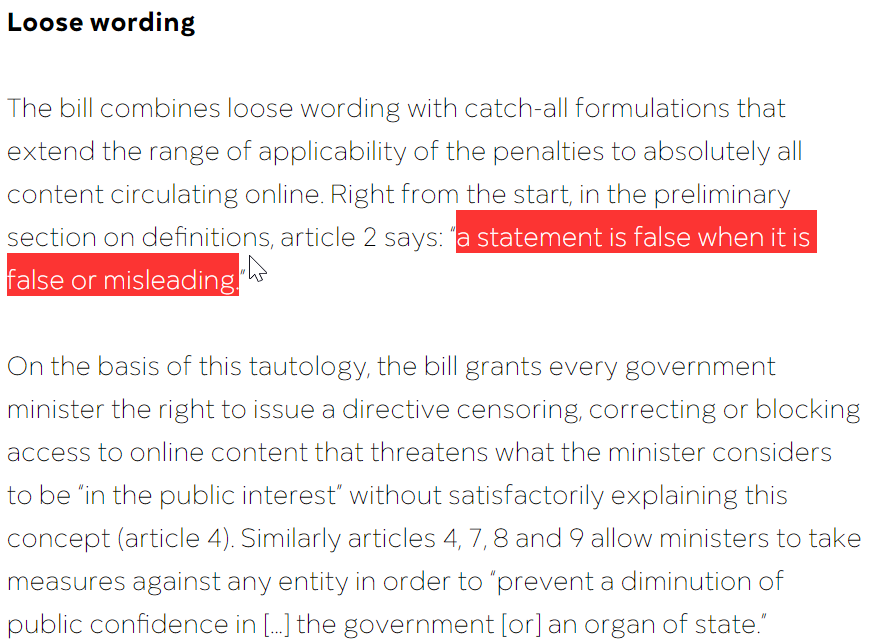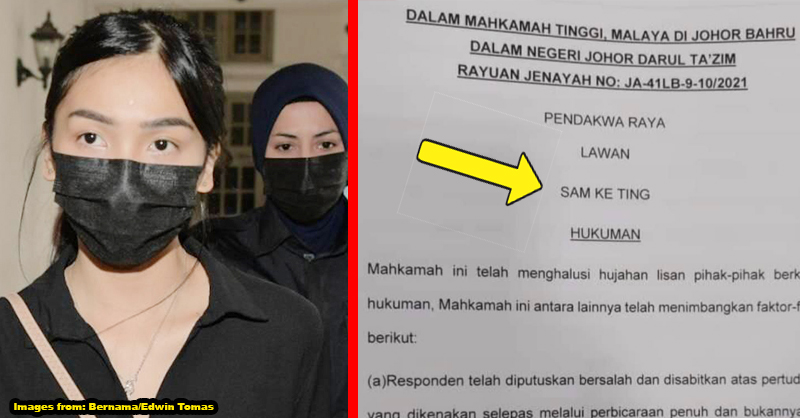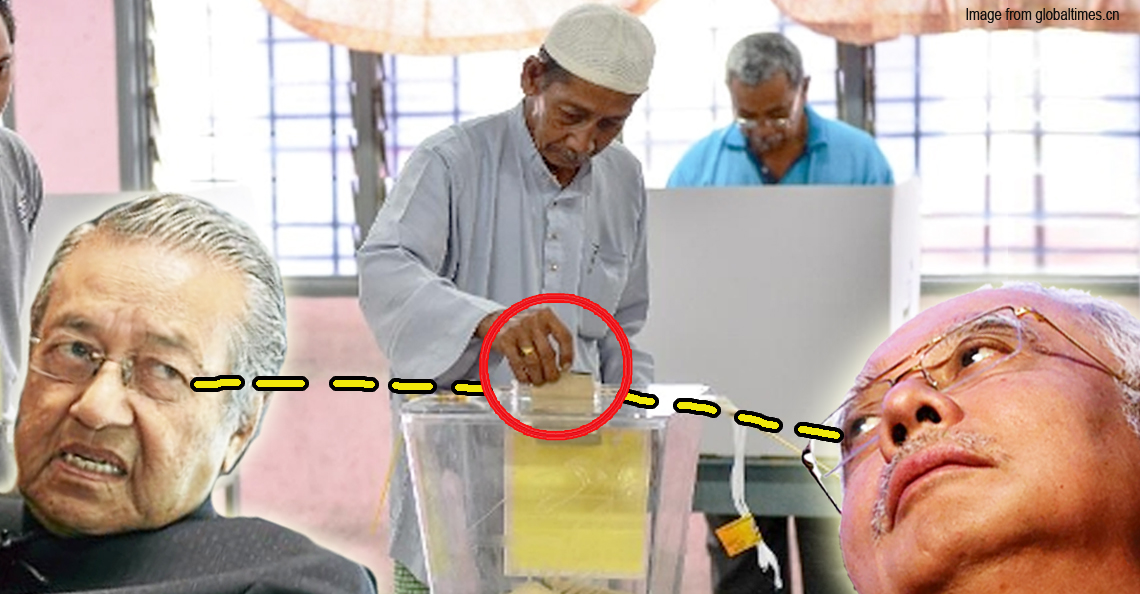Singapore just passed a Fake News law. And this minister gave us one good reason why.
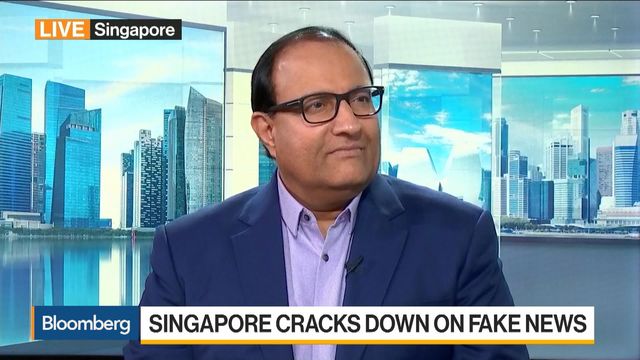
- 278Shares
- Facebook267
- Twitter1
- LinkedIn2
- Email3
- WhatsApp5
A few days ago, Singapore made headlines around the world by passing a Fake News Law, which is pretty much being panned by everyone from reporters to Google, and predicted to lower their already low Press Freedom ranking of 151 (out of 180). Incidentally Malaysia jumped up 22 places this year to #123. There are numerous arguments against fake news laws, including
- It gives the government the power to dictate what is true and what is not
- It makes people afraid of publishing anything that might or might not be true
- There are already defamation and sedition laws to handle Fake News (yea we actually wrote this ourselves hahah)
However, last year, on a media visit to Singapore, we had the opportunity to interview S. Iswaran, Singapore’s Minister of Communications & Information, and he had an interesting counter to the last argument in that list.
Defamation cases need a victim
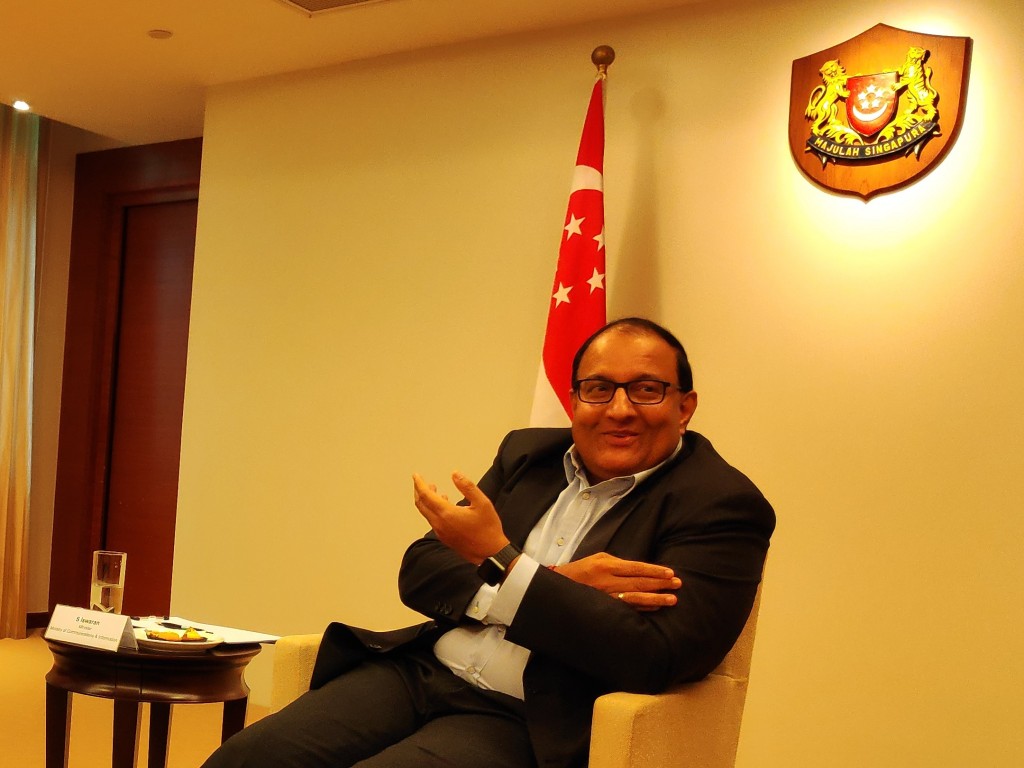
“Defamation has a higher standard, and requires someone to be targeted, but a lot of fake news doesn’t necessarily always have a target, the target can be just, for instance, racial tension.” – S. Iswaran, Minister of Communications & Information, Singapore
And at least in this regard, he’s right. Defamation is basically damaging a person or entity’s reputation, and requires proof of those damages. However, with ALOT of fake news, there is no victim except society.
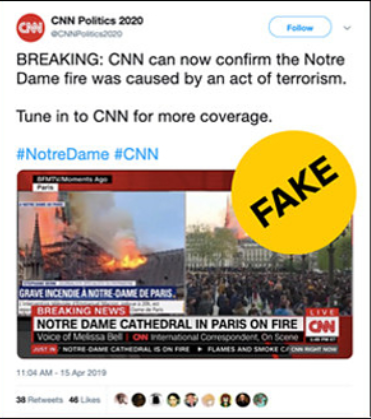
Take for instance the anti-vaxxer movement that is now causing real-world harm in measles outbreaks everywhere including Malaysia. When they claim that vaccines cause autism, there is no defamation case here.
Sen. Isakson: Does your mother get most of her info online?
Ethan Lindenberger, 18-year-old who got vaccinated against his mom's wishes: "Yes… Mainly Facebook."
Isakson: Where do you get your info?
Lindenberger: "Not Facebook. CDC, the World Health Org…accredited sources." pic.twitter.com/9iMnC8AetM
— MSNBC (@MSNBC) March 5, 2019
In fact, one anti-vaxxer actually won a libel case in Japan after someone accused her of being fake news (!).
The closest thing that’s able to handle this sort of thing (at least for racist fake news) either in Singapore or Malaysia would be the Sedition Act. However, in the case of anti-vaxxers, nothing arguably ruins public harmony or fulfills any of the other conditions in our Sedition Act.
Singapore’s new Fake News law also has a big section about bots and fake accounts, which places the onus on the outlet to act if found to be using bots or fake accounts to share fake news, and can even ask the site to take action, even if overseas (uh oh The Coverage).
However, most criticisms of the law seem to be focusing on two areas of the bill in particular – loose wording and who decides what’s fake or not. Given the recent scandals in Singapore with regards to the PM’s brother, as well as the Keppel scandal last year, it’s not surprising that people think the timing of the bill isn’t coincidental.
From Reporters without Borders
With regards to who decides what’s fake news, there’s a category within the law called “Competent Authority“, but sadly, they’re appointed at the discretion of the Minister, AND can be an office holder within the Government. And there’s no need to involved NGOs, or the cabinet etc. Aiyo.

We do need something to combat Fake News, but it might not be an Act
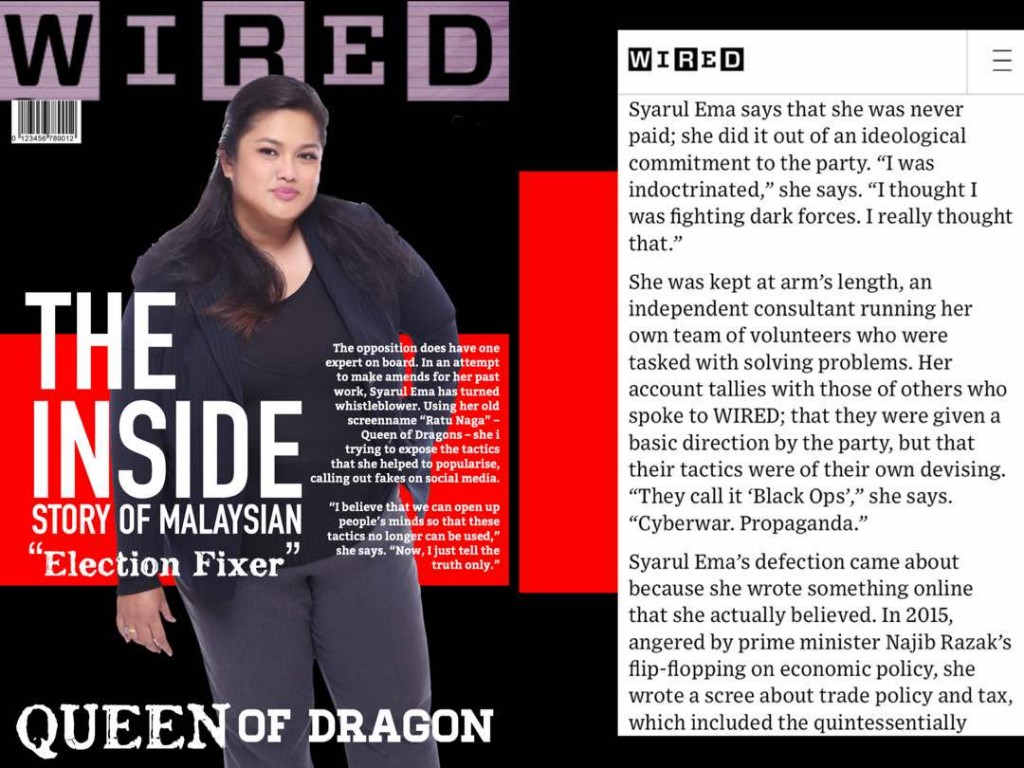
Fake news is a real problem today – it’s relatively cheap to produce, used to stoke up sentiments, and can affect who gets to control arguably the most powerful seat in the world. Here’s the big problem tho… fake news seems to peak prior to elections.
That’s problematic for the government since the main use of its law is arguably during times when it has the biggest reason to misuse it, as shown by the rushed forwarding of Malaysia’s own Anti-Fake News Law in time for GE14.
The Pakatan ruling government has actually tried to repeal our law a few times, and it actually passed the Dewan Rakyat. But it’s been rejected by the opposition-led Dewan Negara.
“When we have a law that prevents people from airing their views, we are afraid the government itself may abuse the law, as what has happened with the previous government. We do not want any government, this one and the succeeding ones, to make use of the law for the government itself to create and tell fake news in order to sustain themselves. Of course, fake news will be difficult to handle but we believe that we can accept the challenge and we can handle them,” – Tun Mahathir, April 2019
In other news, there are various organisations proposing a self-regulating Media Council (disclosure, this writer is on that Steering Committee), which will allow media to accredit themselves, and make recommendations to the government if and when legal action needs to be taken.
At the end of the day, the solution to the very real threat of fake news will probably be a combination of things, including education (yes, we’re looking at you, Uncle Chi Ming!) and legislation that allows some level of distance from government powers. What form that takes for now is hard to say.
- 278Shares
- Facebook267
- Twitter1
- LinkedIn2
- Email3
- WhatsApp5

